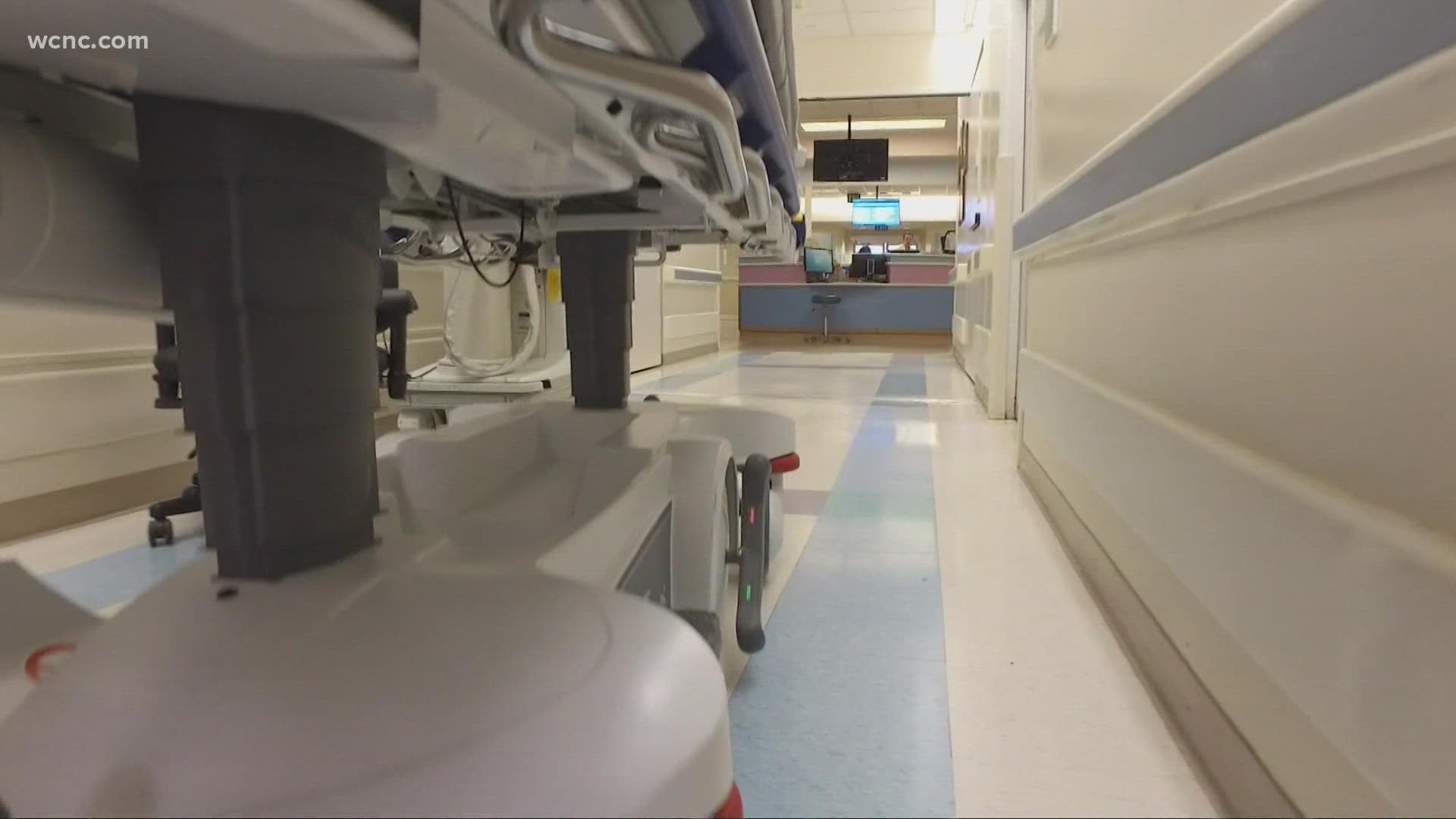CHARLOTTE, N.C. — The phrase "you can't take it with you when you die" applies to a lot of things: possessions, wealth, and yes, medical debt.
A new study out this summer shows medical debt is the largest source of debt that goes to “collections”. The Journal of the American Medical Association, or JAMA, reported that $140 billion has gone unpaid.
This is a heavy topic, but consider that the shocking dollar amount noted above is only the unpaid debt with collections. That doesn’t include what was paid, and how paying it impacted families, especially when someone dies.
First, know that all circumstances are different. Medical debt can be a few hundred, a few thousand, or hundreds of thousands of dollars if there is a lengthy hospital stay. Know that you can negotiate the debt down; most health care providers want something rather than the little they get from collections. By the way, having medical debt sent to collections is bad news for your credit.
“Clients walk into our office and ask if they are no longer responsible for their spouses’ medical debt,” said attorney Maren Funk, a partner with Godley, Glazer, and Funk in Charlotte, NC.
WCNC Charlotte reached out to this family law firm, asking about who is responsible should the sick person pass away. Does the debt pass with them? The answer is no, at least not in North Carolina. But when marriages end, what happens to the debt?
“If you are legally separated and you can prove that you are legally separated to the health care providers, then no, you are not responsible for your spouse’s medical debt,” said Funk.
The follow-up question was, can a person file for legal separation at the onset of an illness? The answer is yes you can, but the courts will look at your situation closely. The separation has to be legitimate and not used to avoid payment. If you are truly not separated and use it as a means to avoid debt, that’s fraud.
In every case, it’s best to have honest open dialogue with the medical provider about what you can pay, and paying less is an option. It’s not usually the first option, but it is one nonetheless.
Contact Bill McGinty at bmcginty@wcnc.com and follow him on Facebook.
WCNC Charlotte is always asking "where's the money?" If you need help, reach out to the Defenders team by emailing money@wcnc.com.

